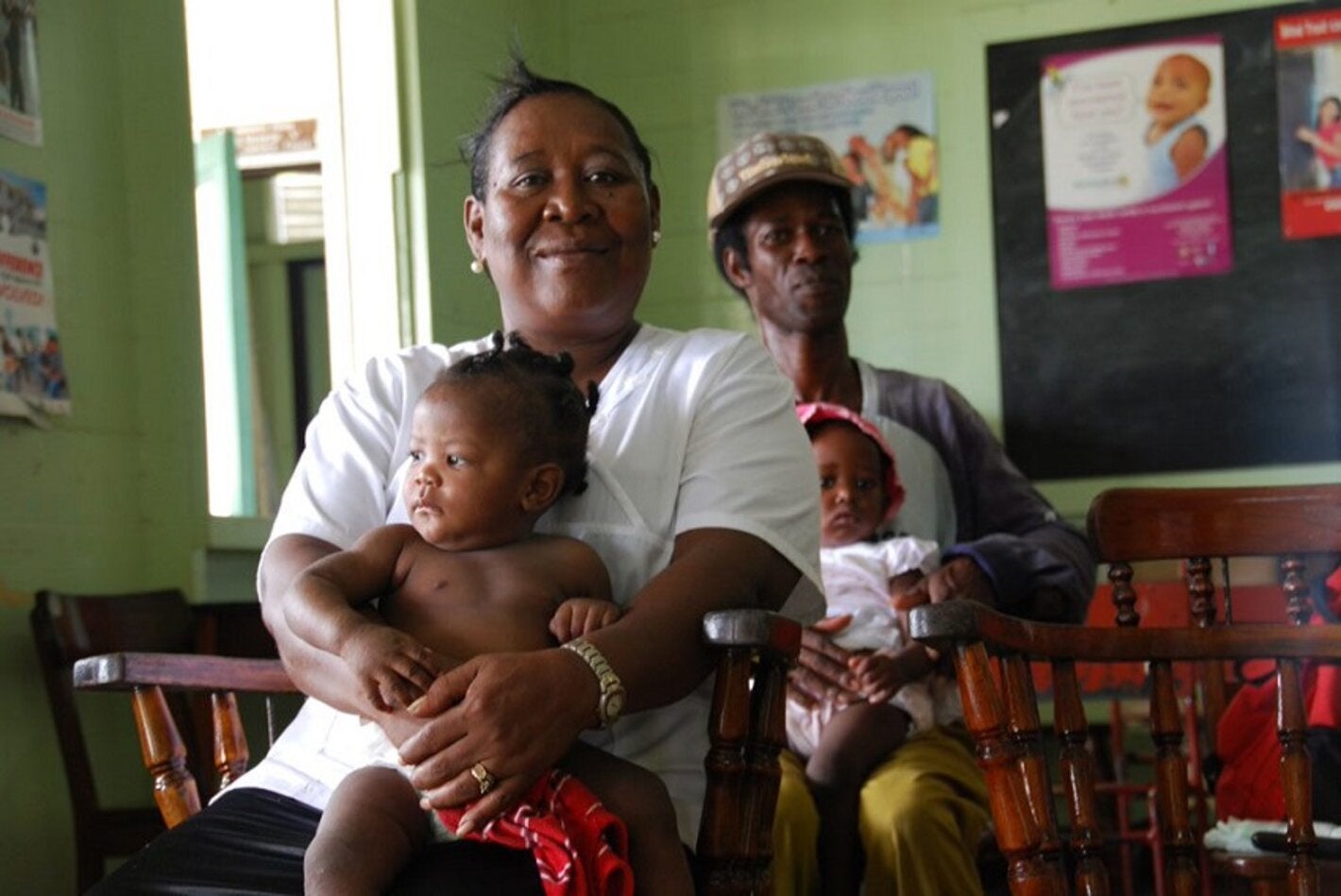
Montevideo, November 7, 2022. In the framework of the FIGO 2022 Regional Congress, we talked about the challenges for the advancement of sexual and reproductive rights in the region with Ivonne Díaz, one of the people responsible for the organization of the congress, and director of the Sexual and Reproductive Health and Welfare Division of FIGO.
On the main existing challenges, Diaz highlighted 5 aspects on which she considers it is important to make progress: the creation of a scientific committee on sexual and reproductive rights in each society of gynecology and obstetrics in each country to disseminate knowledge in this area; strengthening governmental and non-governmental relations so that reproductive rights are included in the objectives of health care; introducing the teaching of sexual and reproductive rights in the different health institutions so that the new generation of professionals is sensitized to this issue; protect the right of women to decide in relation to their reproductive life to access contraception freely, as well as the option to decide to terminate their pregnancy if necessary; and work on information on evidence-based practices for technical support in contraception after abortion or pregnancy.
Diaz also pointed out that "Maternal mortality indicators are linked to adequate access to sexual and reproductive rights in the most vulnerable population such as adolescents, the migrant population, the population victims of gender violence". In this sense, she highlighted the importance of organizations such as FIGO and the Latin American Center of Perinatology - Women's and Reproductive Health (CLAP/WR) working together to improve the health indicators of women in all stages of reproductive life.
The specialist informed that during the congress a declaration was made in which a series of objectives were established in relation to sexual and reproductive rights "where women have no barriers to access contraceptive methods, no barriers to access safe and quality abortion when they decide to terminate a pregnancy and no barriers to access fertility treatment when they want to achieve a pregnancy and do not achieve it naturally. To this end, we propose the creation of women's reproductive and sexual rights committees in each country of each FIGO region and thus begin to work with the population of health service providers to achieve this objective".



